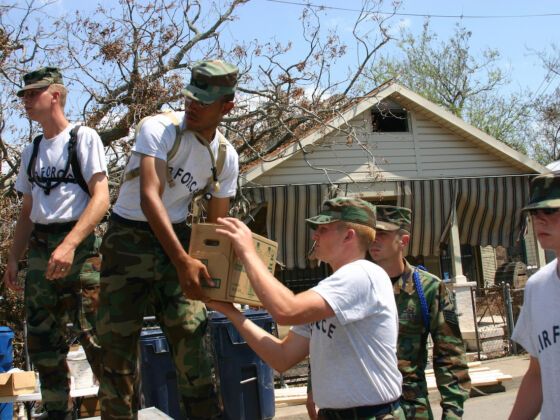When Hurricane Matthew hit Haiti last week, Haitian-American writer France Francois posted on her social media page:
“In the coming days, many of you are going to write and ask me how you can “help Haiti”. Here are my suggestions: 1. Don’t give to the American Red Cross.”
Her post led me on a internet search that uncovered the many legitimate complaints Haitians have towards the organization, and data that shows they have every right to lose trust in the American Red Cross.
